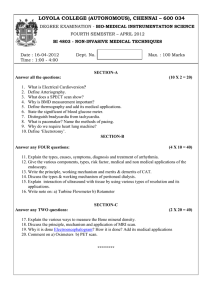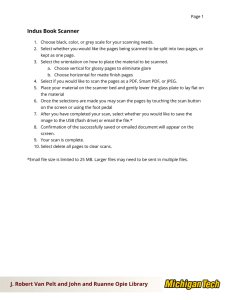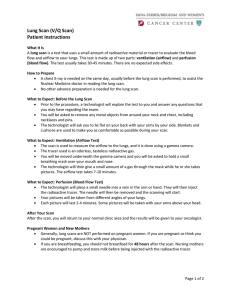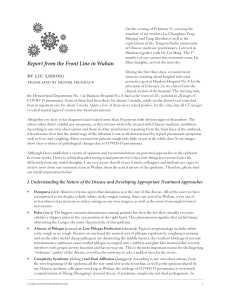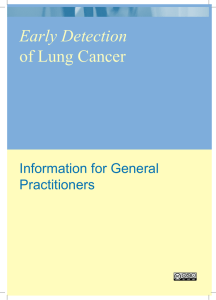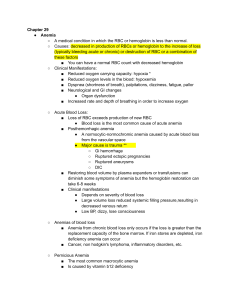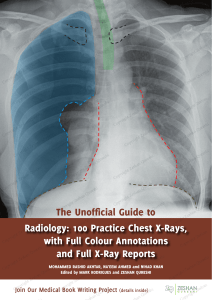Routine tests you may have
advertisement
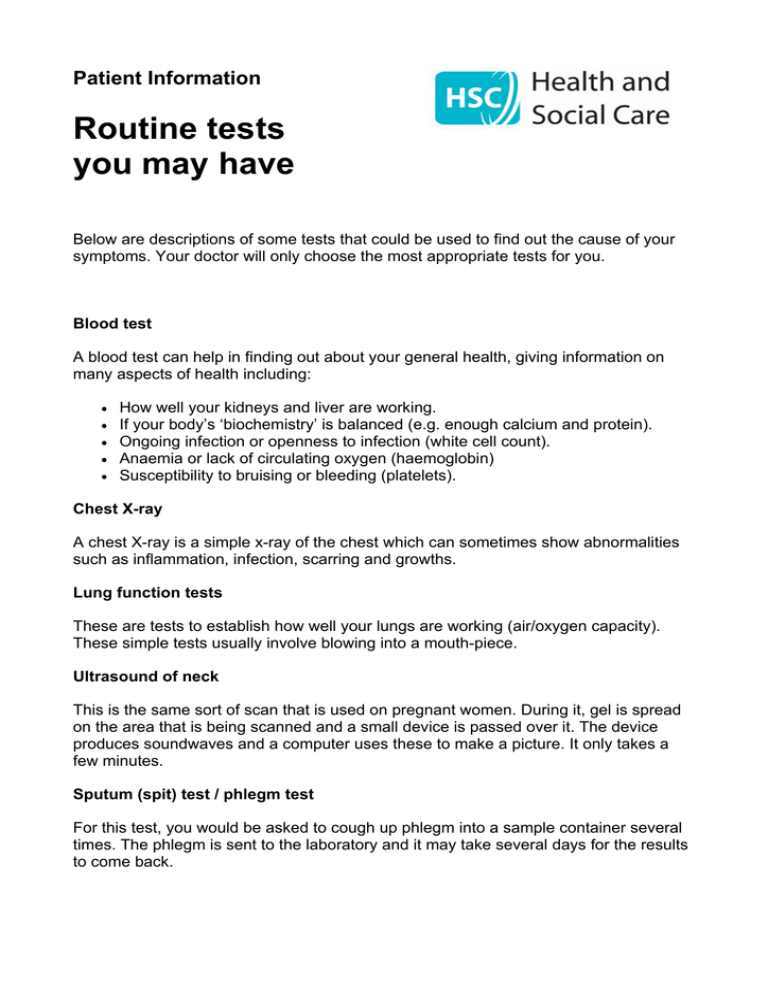
Patient Information Routine tests you may have Below are descriptions of some tests that could be used to find out the cause of your symptoms. Your doctor will only choose the most appropriate tests for you. Blood test A blood test can help in finding out about your general health, giving information on many aspects of health including: • • • • • How well your kidneys and liver are working. If your body’s ‘biochemistry’ is balanced (e.g. enough calcium and protein). Ongoing infection or openness to infection (white cell count). Anaemia or lack of circulating oxygen (haemoglobin) Susceptibility to bruising or bleeding (platelets). Chest X-ray A chest X-ray is a simple x-ray of the chest which can sometimes show abnormalities such as inflammation, infection, scarring and growths. Lung function tests These are tests to establish how well your lungs are working (air/oxygen capacity). These simple tests usually involve blowing into a mouth-piece. Ultrasound of neck This is the same sort of scan that is used on pregnant women. During it, gel is spread on the area that is being scanned and a small device is passed over it. The device produces soundwaves and a computer uses these to make a picture. It only takes a few minutes. Sputum (spit) test / phlegm test For this test, you would be asked to cough up phlegm into a sample container several times. The phlegm is sent to the laboratory and it may take several days for the results to come back. Other tests Other tests include: y y y y y y Bone scan Bronchoscopy CT scan (computed tomography) Mediastinoscopy MRI scan (magnetic resonance imager) PET scan You will be offered separate information for any of these tests. If you have any questions, you can ask your GP or any other doctor or nurse who is involved in your care to help you. About this Information This guide is provided for general information only and is not a substitute for professional medical advice. Every effort is taken to ensure that this information is accurate and consistent with current knowledge and practice at the time of publication. We are constantly striving to improve the quality of our information. If you have a suggestion about how it can be improved, please contact us via our website: http://www.cancerni.net. The information in this leaflet is sourced from the Roy Castle Lung Foundation website. The original information can be viewed at http://www.roycastle.org/patient/facts_tests.htm. Developed October ‘08 by NICaN Lung Cancer Information Pathway group. For review October ‘09.

